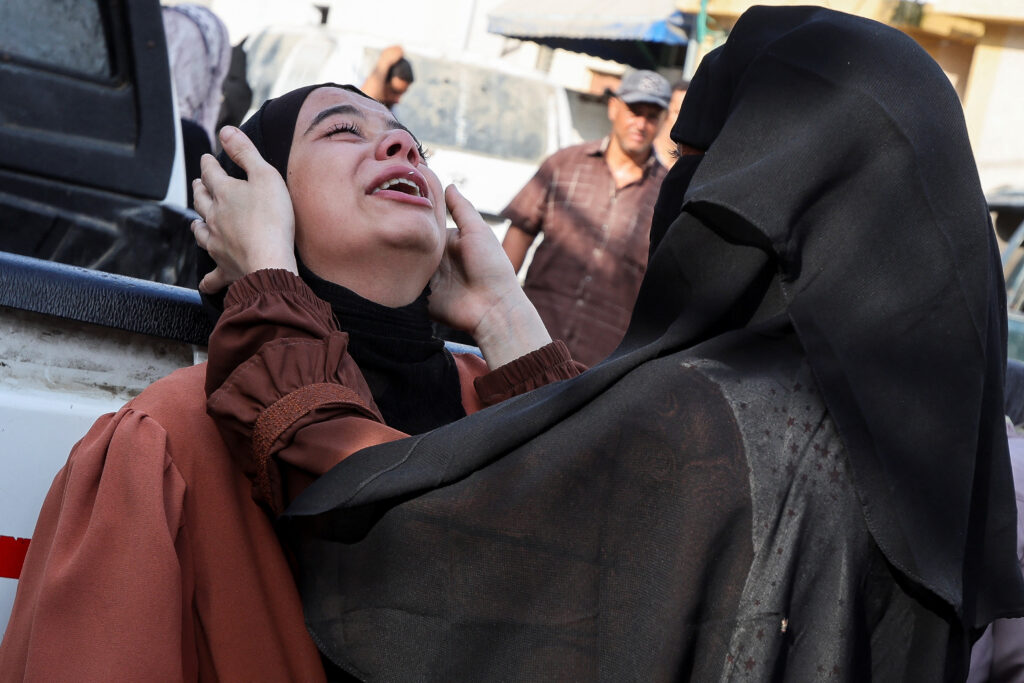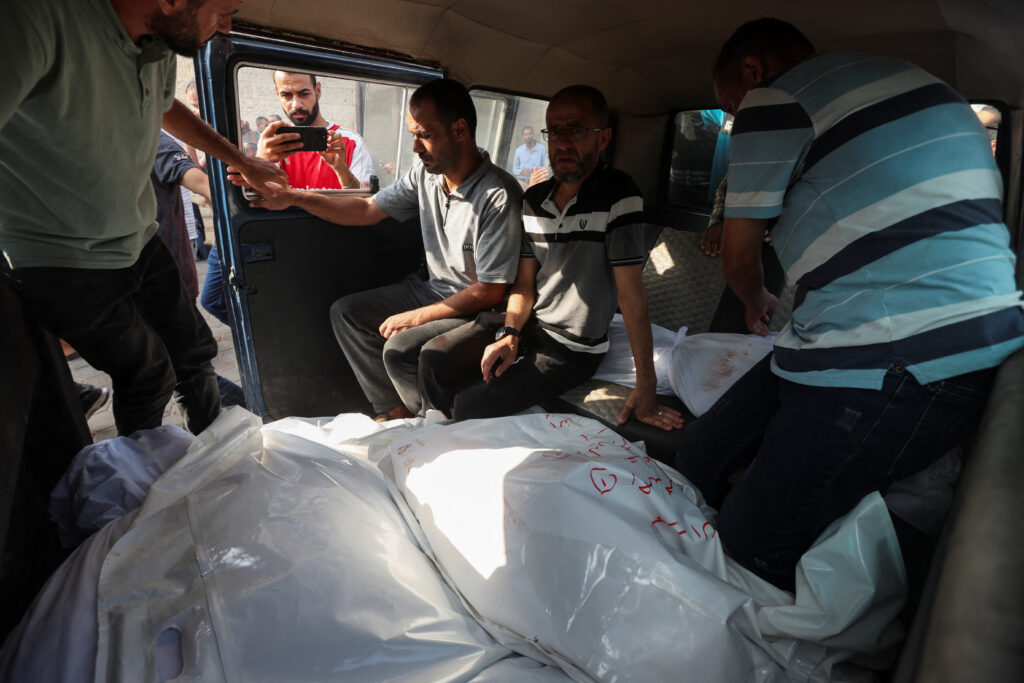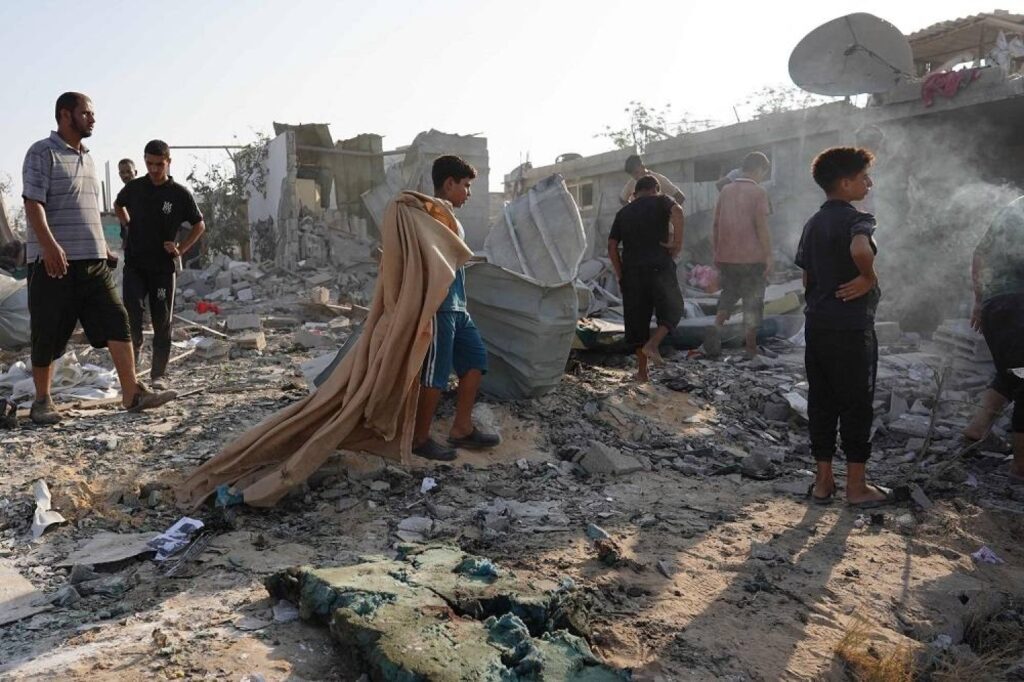Israeli forces intensified their offensive against Hamas in the Gaza Strip on Tuesday, with Palestinian health officials reporting at least 17 fatalities in recent strikes. The ongoing conflict has forced thousands of displaced Palestinians to seek refuge along the seashore as habitable areas continue to shrink.

In Khan Younis and Deir Al-Balah, where much of Gaza’s population is now concentrated, residents and displaced families report being pushed to live in tents packed along the beach. Aya, a 30-year-old displaced woman from Gaza City, told Reuters via a chat app, “Maybe they should bring ships, so next time they order people to leave we can jump there, people are now on the beach near the seawater.”
The Israeli military has issued several evacuation orders across Gaza in recent days, the most since the war began 10 months ago. This has prompted outcry from Palestinians, the United Nations, and relief officials over the reduction of humanitarian zones and the absence of safe areas.
Palestinian health officials reported that Israeli strikes killed nine Palestinians in Bureij and Maghazi, two of Gaza’s eight historic refugee camps. Additional strikes resulted in five fatalities in Khan Younis and three in Rafah. The Gaza Health Ministry reports that more than 40,400 Palestinians have been killed since the conflict began, with most of the enclave’s 2.3 million residents displaced multiple times and facing acute shortages of food and medicine.

The conflict, triggered by Hamas’ October 7 attack on southern Israel that killed 1,200 and took over 250 hostages, has devastated Gaza’s infrastructure and civilian population. Humanitarian agencies report critical shortages of essential supplies and widespread destruction across the territory.
United Nations aid operations in Gaza came to a halt on Monday after Israel issued new evacuation orders for Deir Al-Balah, where the U.N. operations center was located. This disruption comes as the U.N. was preparing a campaign to vaccinate an estimated 640,000 children in Gaza against polio, following the identification of at least one case of the disease.
Ceasefire talks continue in Cairo, with negotiators working towards halting the fighting and securing the release of 109 Israeli and foreign hostages in exchange for Palestinian prisoners. However, progress has been slow, with Hamas and Israel trading blame for the lack of advancement.

Key sticking points in the negotiations include Israel’s insistence on maintaining control over the Philadelphi corridor on the border with Egypt, which it claims is a main route for weapons smuggling into Gaza. Israel also demands checks on people moving between southern and central Gaza into northern areas across the Netzarim corridor to prevent armed fighters from moving north.
As the conflict persists, the international community watches with growing concern. The United States, supporting the talks along with Egypt and Qatar, has expressed optimism, but concrete breakthroughs remain elusive.
The ongoing violence and displacement continue to exacerbate the humanitarian crisis in Gaza, with civilians bearing the brunt of the conflict. As safe areas diminish and essential services become increasingly scarce, the urgency for a diplomatic solution and immediate humanitarian relief grows ever more pressing.



